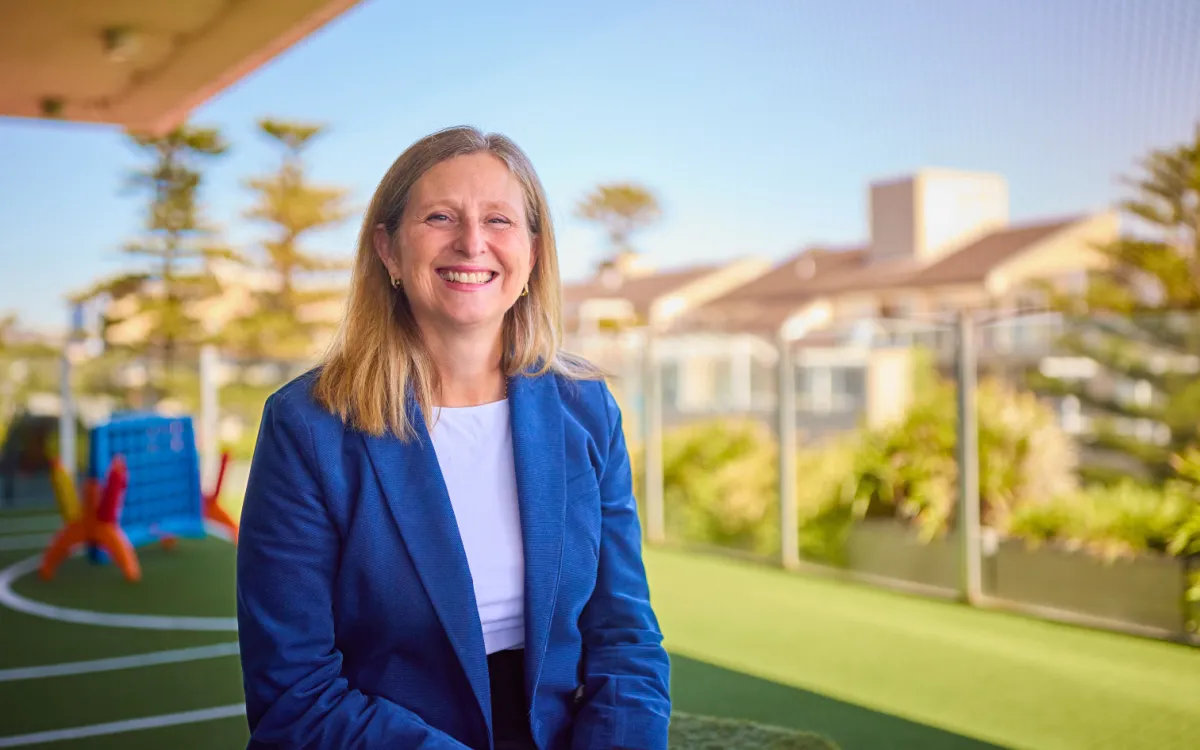Falling behind? Disturbing trends in child development
Angie White
23 June 2025, 9:20 PM
 Fewer children are on track to start school according to a recent report.
Fewer children are on track to start school according to a recent report.Almost 60% of country kids in remote and very remote areas of Australia are not developmentally on track to start school according to figures from the latest Australian Early Development Census (AEDC) data.
Children have been assessed as vulnerable, developmentally, with figures rising to 12.5% in 2024 up from 11.4% in 2021, placing a spotlight on challenges faced by children in regional and remote areas.
The AEDC Census provides an overview of how Australian children are developing when they start school in five key areas, physical health and wellbeing, social competence, emotional maturity, language and cognitive skills as well as communication skills and general knowledge.

The data is collected every three years across Australia at national, state/territory and community levels.
“It is no surprise to Early Childhood Educators in the Western area that AECD data highlights a concerning trend,” according to Nicole Jenkins Director of Concepts in Early Learning – Training and support.
“The number of developmentally vulnerable children is at its highest level since the census began. Each year, early childhood services are noticing an increase in the number of children requiring additional developmental, behavioural, and emotional support."
In remote and very remote areas, access to these supports, including allied health services, is becoming increasingly difficult, with demand far exceeding supply.

Nicole Jenkins Director of Concepts in Early Learning – Training and support.
“While there have been some very positive policy changes in early childhood education, the challenges on the ground remain significant. Services delivering support in those areas need strong and sustained funding to ensure children’s needs are being met," Ms Jenkins said.
“Ongoing investment is essential if we are to achieve true universal access, improve developmental outcomes, and make a meaningful difference to children’s learning, wellbeing, and school experiences.
One Western Area educator said that a lack of services makes it very hard for children in the bush.
“A lack of paediatricians, occupational therapists, psychologists and even access to hearing screening is leaving country children behind.
“Also mobile phones and parent’s paying too much attention to those instead of being 100% present with their children, is leading to skills being underdeveloped and signs being missed. This may not be a popular observation, but we see the signs and the difference in children from 15 years ago to now,” she said.

Royal Far West CEO, Jacqui Emery - Image courtesy Royal Far West.
The trend is worrying according to Royal Far West CEO, Jacqui Emery.
“The 2024 data make it clear that developmental complexity is increasing, particularly for children in regional and remote communities.
“Without access to early intervention and wraparound support, many will struggle to keep pace with their peers, affecting their long-term opportunities in life. This is an issue we must address now,” said Ms. Emery.
The 2024 AEDC key findings include:
- country children living in very remote or remote locations remain up to twice as likely to start school developmentally vulnerable compared to city kids
- First Nations children have remained stabilised developmentally, with their rates not increasing at the same rate as the national level.
- 78,467 kids across Australia are classified as special needs or are needing further investigations.
- Increase in Developmental Vulnerability in the emotional maturity domain, from 9.8% in 2021 to 11.5% in 2024 for children living in inner/outer regional locations – reflecting the increase in reported behavioural concerns.
While not every location is the same, (with some places such as Bourke in Western NSW showing improvement) Ms. Emery said that overall country areas are in the most need of extra support.
“The key to reversing these trends is early intervention screening, assessment, and therapy for developmental vulnerabilities.
"For young children aged 3-5, this includes assessing and supporting school readiness, while for children aged 6-12, improved access to multidisciplinary allied health support is critical to helping them reach their full potential.”



